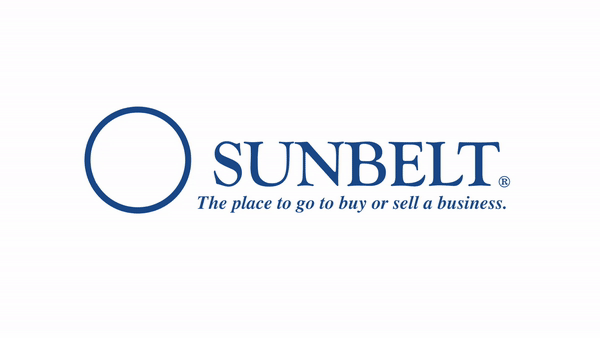A mysterious part of buying a business is the intangible asset sale. We find a wide variety of views and preconceived notions about business value from individuals as they review a business sale. Most the time, the discussion turns quickly to the business assets. That inevitably leads to a discussion of Tangible and Intangible Assets.
Investors involved in a business sale generally have a reasonable understanding of tangible assets but usually a less than good understanding of an intangible asset. They have a tendency to use disparaging terms like “Blue Sky” or “air ball” when they don’t understand the true value of intangible assets.
First let’s try to reach common ground on some basic definitions that are commonly used but not always understood.
Tangible Assets
Tangible assets are really based on banking and lending definitions. A general definition is an asset that has a physical form. For instance a truck is a tangible asset. You can touch it, feel it and more importantly sell it. While a truck is a tangible asset that may be salable, there are other tangible assets that might have different characteristics. Suppose you own a widget shop and you have a special machine you invented that bends the widget a special way. You love the machine but it’s of no use to anyone but you. That is still a tangible asset but it has relatively low value to the outside world. The truck you can likely sell pretty easily but finding a buyer for the widget machine might be a whole different problem.
Intangible Assets
These are assets that don’t have a physical form. For instance the trademarked Nike swoosh is a very high value intangible asset. One way to think about tangible vs intangible assets is tangible assets are used to make or deliver the product or service and intangible assets are what are used to generate the demand for the product or service or create the system to produce the product or service efficiently.
A very well known intangible asset is the secret formula for Coca-Cola. That formula has no tangible form, it’s basically words written down somewhere (likely different parts of the formula in different places). But that intangible asset is worth much more than the cost of the machines (tangible assets) used to produce Coke.
Now that we have a basic idea of the assets, let’s talk about why we have assets at all and how they effect a business sale.
Assets in a business have only one purpose (or one purpose that makes sense), to generate profits.
So what value can be created in a transaction? A Tangible Asset Sale or an Intangible Asset Sale?
I’ll give you 2 simple but real life situations.
1) Let’s say you can buy a machine for $100 that will generate $25 more per year in profits. You decide that’s a good investment, so you invest the $100 and you’ll get your $25 per year profits for as long as the machine works. So now you have a $100 tangible asset (the machine) and a $25 cash flow from it.
2) Now let’s say you add an email capture tool to your website, it captures visitors’ email addresses which you can use to automatically send out specials and mailers. The email tool costs $100 and generates $25 in cash flow.
In this case you created 2 intangible assets:
a) the email tool on your website and
b) the list of emails of people interested in your products.
The intangible asset sale with the highest value is the list of emails for people interested in your products. Anybody can buy the email tool for $100 but you have the specific list of people’s email addresses that represent potential sales, this list is an intangible asset.
Think of it this way. Two businesses are exactly the same except one has the email addresses for these customers and one business doesn’t, which business is worth more?
The moral of this story is that when investigating a business sale and determining the value of the business for purchase, the assets that have real value are the assets responsible for generating the business profit, regardless of if they are tangible or intangible asset sale. A smart buyer knows how to identify those assets and isn’t blinded by the tangible asset mantra preached by the bankers.

Mr. Elliott is Managing Director of Sunbelt Texas Business Sales & Acquisitions with more than 20 years experience in mergers, acquisitions and business broker. Mr. Elliott purchased Sunbelt Houston in 1996 and has managed the sale of over 500 companies from very small businesses to companies with revenue of more than $30,000,000. Mr. Elliot has provided Business Broker and merger and acquisition adviser services to privately held business in Houston, Austin, San Antonio and throughout Texas.
Over a 20 year career, he has handled a wide range of industries including manufacturing, distribution, medical, machining, construction, and contractors. Mr. Elliott has completed transactions with Private Equity Groups, strategic buyers and a wide range of regional companies executed plans to grow through acquisitions.
Mr. Elliott has been recognized as a “Thought Leader” by Sunbelt Business Brokers Global Network. Mr. Elliott is frequently interviewed in various media and is considered an expert in the field of buying and selling privately held businesses.
Mr. Elliott has received the professional designations of Certified Business Intermediary (CBI) and Master Merger & Acquisitions Intermediary (MMAI).

Comments